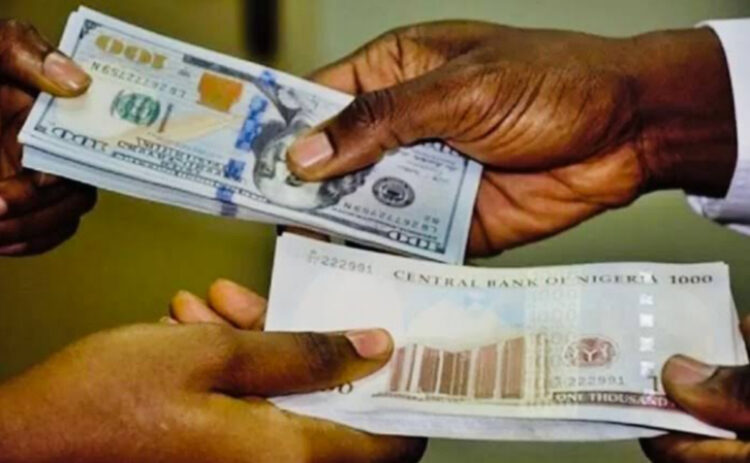Independent tax and business advisory firm, Andersen, has revealed that demand pressure may likely cause the naira to fall to N900/$ at the parallel market.
It said the only way to avert this was to put in place measures to mitigate such pressure.
This was contained in a report by the firm titled ‘Nigeria’s 2023 economic outlook’, presented by its partners in Lagos.
The report pointed out that in 2022, the value of the naira was relatively more stable in the official market than in the parallel market thereby widening the premium between the two exchange rate windows.
It attributed this to the heightened demand pressure spurred by FX illiquidity.
“FX excess demand pressure is expected to continue in 2023 fuelled by varying factors such as elevated global interest rates attracting portfolio investments away from Nigeria; a structurally import-dependent economy; currency speculations if the gap between official and parallel market rates are not closed; etc, which will make the naira to remain pressured in the foreign exchange windows.”
Andersen pointed out that based on this, should the CBN continue to maintain the gap, “the official rate is likely to be devalued to about N500/$, while the parallel market rate depreciates to about N900/$ by the end of 2023 unless mitigating measures are taken.”
On the 2023 budget, it decried that the education and health sectors were still underfunded.
“The rising inflation rate and the impact of the Russia-Ukraine war on food and energy prices are factors likely to affect Nigeria’s 2023 budget performance.”
It, however, noted that the financial services sector grew by 12.7 per cent in Q3, 2022.









